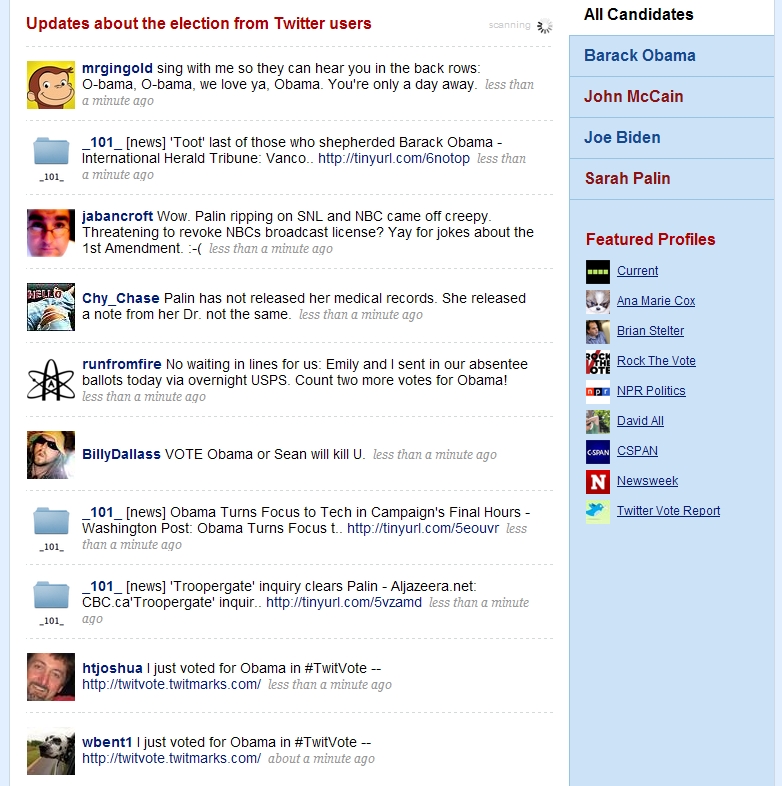I never thought I'd miss the days of some wide-eyed day-shift reporter who never thought they were ever going to do anything but read headline copy go painstakingly over a diagram or schematic 35 times while so-called experts, who were usually just whoever could be reached by phone first, were called to comment on the same picture. I never thought I would miss that until the Hudson River Splashdown.
What followed on CNN was some of the most painful reporting I have ever seen since the network kept vigil outside of Brett Favre's plane on the tarmac for 45 minutes when he came to NYC before signing last season.
I don't know, or want to know, the reporter's name as I've tried to burn all record of it from my skull, but CNN talked to a man who saw the plane touch down in the river from his 25th floor office and then disappear from sight behind other buildings. Ben Vonklemperer's moment in the sun was peppered with questions like: "Did the plane seem in distress?", "Were there any obvious signs something was wrong?", and "How do you think the pilot handled the situation?" This is a guy in AN OFFICE! One minute he's pushing papers around a desk and the next he's being called into services as a field correspondent in avionics.
Don't get me wrong, I'm as excited about the prospect of 10,000 points of information streaming in from an array of sources when a crisis arises. The web is equipped to deal with such information, the television networks are not. Two friends and I sat in front of the CNN web feed while this poor guy was being asked to wax intellectual about things he had no idea about, and one could tell from the tone of his voice that he was as dumbfounded at the questions as the viewers were.
Citizen Journalism is an oxymoron.
A citizen can witness, absorb, and even find ways to interact with a story. Their participation in a story is, in many ways, part of the story itself. A witness is flooded by perceptions from one viewpoint at one time. They are qualified to relay just that, one viewpoint from one time.
A reporter's job is to parse the viewpoints and opinions and statements and subjectivity and objectivity to craft what comes to be, at least with everything available at the time, a definitive statement about the events until the next definitive statement comes along. The web scares the hell out of real reporters and journalists. Let's face it, the concept of being "scooped" has always been the death knell of a story. If someone reports before you do, your story is derivative. Television news, with it's current technology, will ALWAYS be scooped by the web.
But reporters shouldn't be afraid of this. They should, instead, still take the time to craft the story instead of providing us the equivalent of a Twitter hashfeed over the air. This immediacy to journalism, while intoxicating to some viewers, yet strangely excruciating to me, has turned journalism into rehash and reporting into commercial fishing: let's cast a big net and see if we can come up with anything.
Twitter users are not journalists. They only qualify as reporters at the semantic level and, most often, the only real information their reporting in how many other people are tweeting the same things. Someone who snaps a picture on their iPhone may or may not be a good photographer, but they are certainly not a journalist.
Television journalism is dying because networks are trying to keep up with a medium that moves fast that cable news feeds or satellite hookups. The reason these so-called "citizen journalists" are getting any credibility at all is not because citizen journalists are getting better, but simply that traditional journalism is getting worse.
On a sliding scale between Ron Burgundy and Walter Cronkite, the credibility and attention to crafting a clear, concise story places almost all citizen journalists well below Burgundy. Traditional journalists, however, are showing themselves quite adept at closing that gap... maybe that's how they roll.




